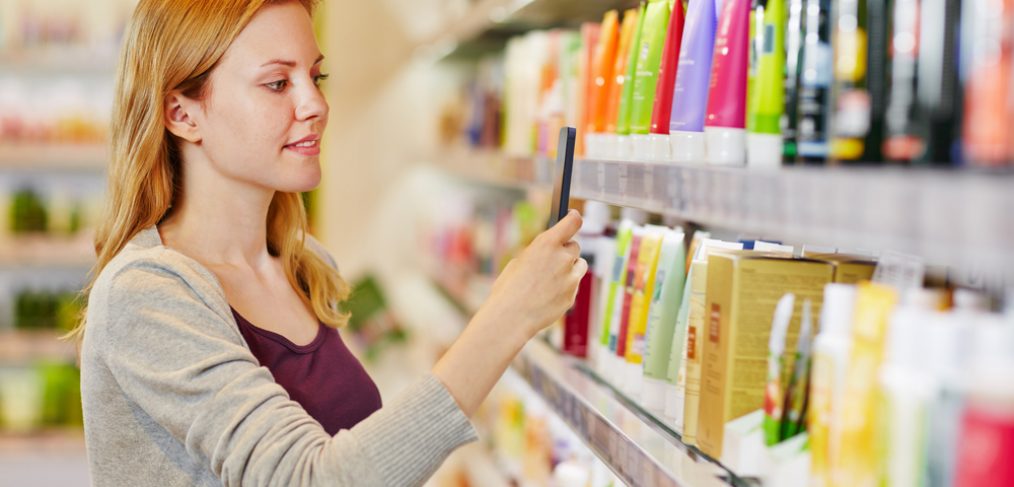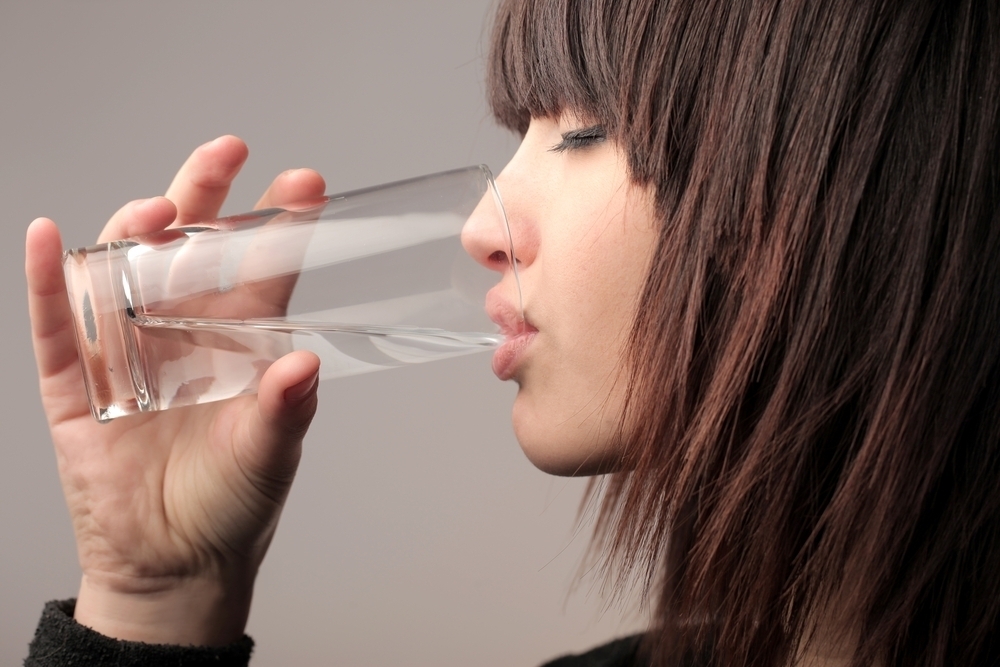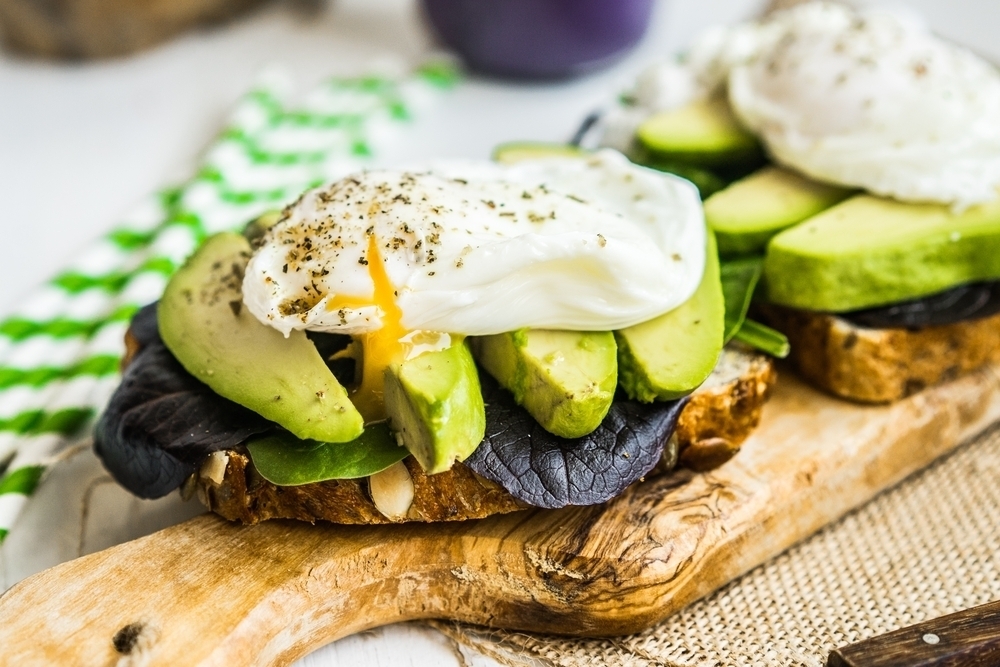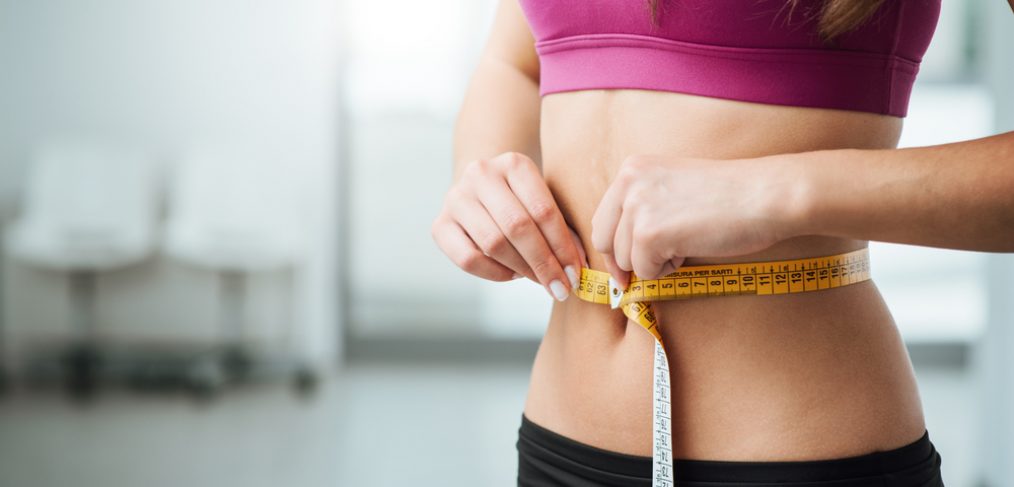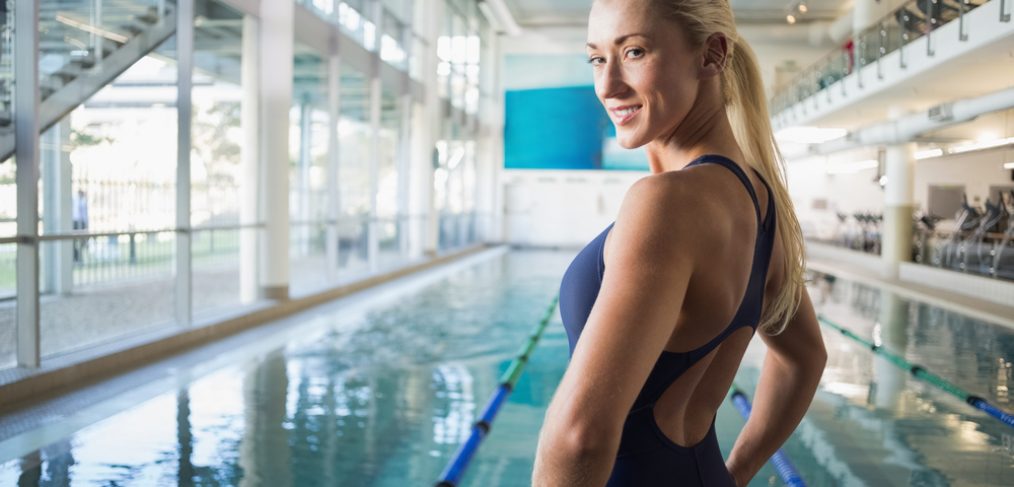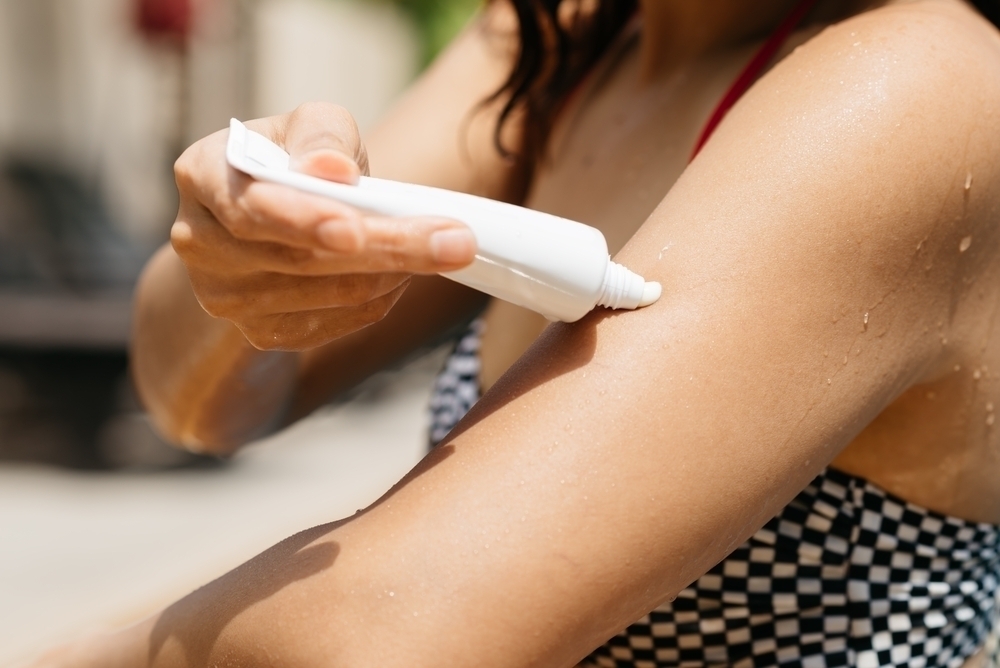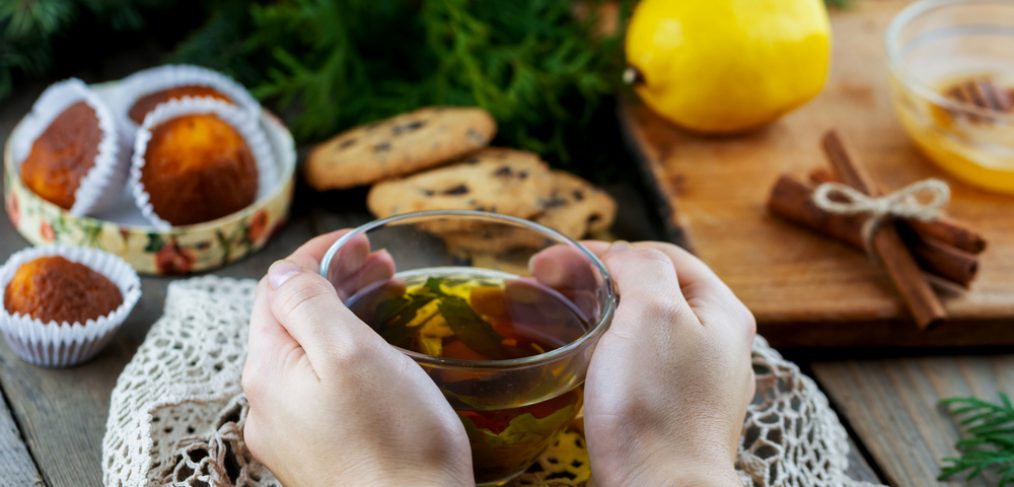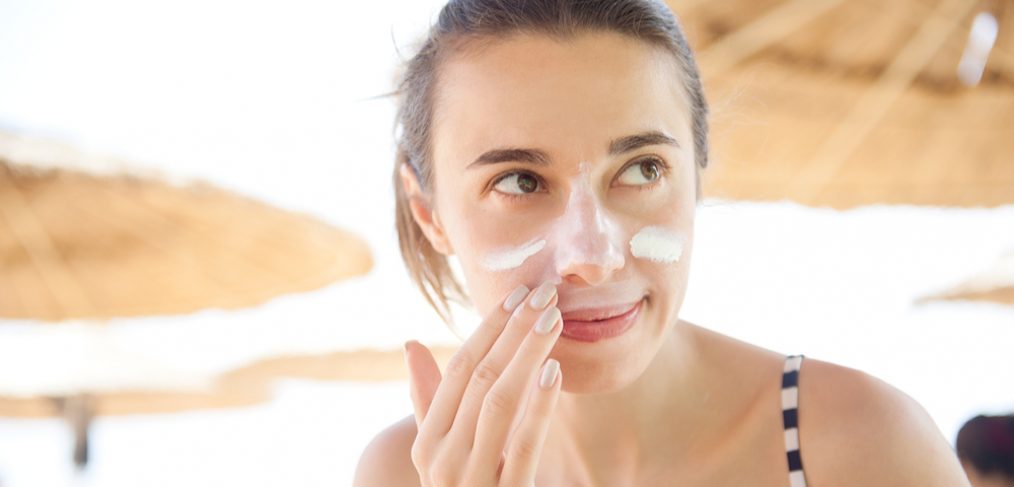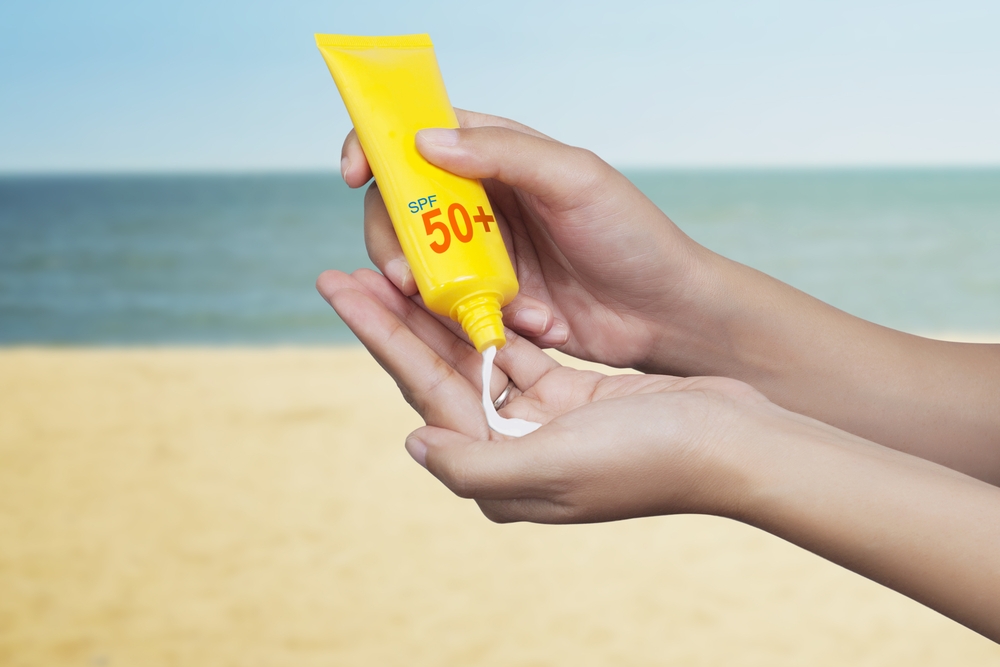Two thousand and five-hundred calories every day might seem like a lot of food (or it might not, it really depends on your mental concepts of such things), but for a respectable portion of the population, it’s actually an appropriate target. Specifically, sedentary men ages 19 to 30, moderately active men ages 31 to 50, active men over 50, and very active women of various ages all may need approximately 2,500 calories in their diet.
But of course, it’s not as simple as calorie-counting, regardless of the target number. Not all calories are created equal, and to eat healthily, you need to balance things properly. Let’s talk about how to do that.
Lean Proteins
Protein is essential for everyone, and lean protein is the best you can get in this regard. On 2,500 calories a day, you need approximately 6.5 ounces of protein a day. An ounce of protein can be found in an ounce of seafood, poultry, lean red meats, an egg, ¼ cup of tofu, ½ an ounce of seeds and/or nuts, and a tablespoon of peanut butter, roughly speaking.
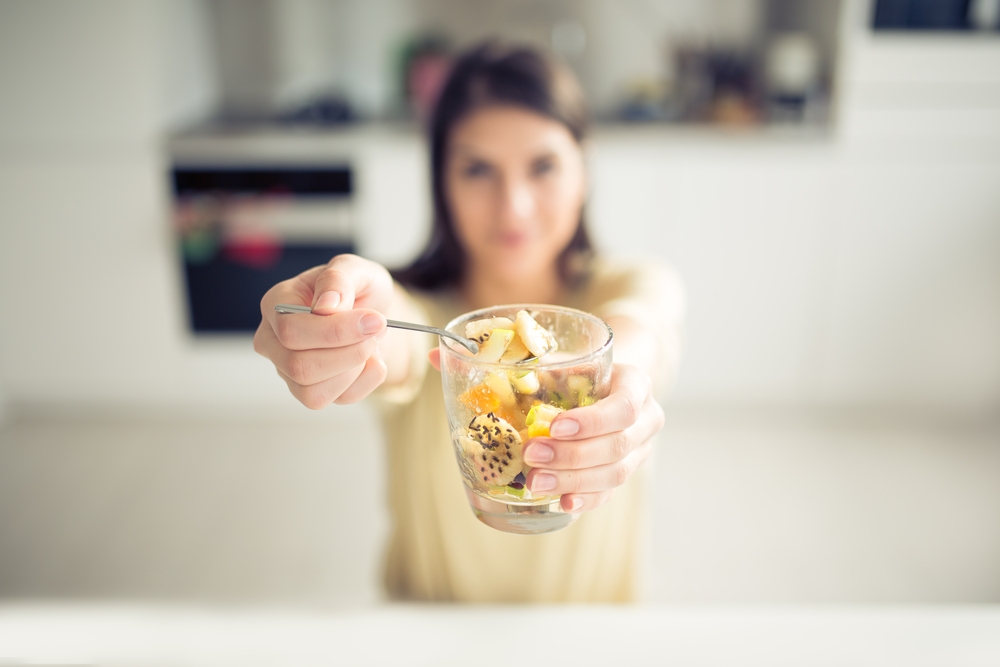
Lots of Fiber
Also incredibly important is fiber. Following a 2,500 calorie plan, you should get 3 ¼ cups of veggies and 2 cups of fruits a day. Variety is key here, and generally, dark, leafy greens and vibrant red and purple fruits are best. For conversion purposes, half a cup of dried fruit is equal to one cup fresh fruit or fruit juice (no added sugar!), and 2 cups of leafy greens roughly equals one cup of other vegetables
Opt for Healthy Fats
For every source of trans fat and saturated fat, there’s plenty of alternatives. That said, healthy fats are still fats, and shouldn’t be over-consumed regardless. You want about 7 teaspoons of oil a day on a 2,500 plan; any extra is going to interfere with your heart health. Olive oils, coconut oil (in moderation; it is still a saturated fat), and avocado oil are just a few examples of healthier fats.
You Don’t Actually Need Dairy
It’s a common misconception that dairy is a basic food group and essential for good nutrition. This is actually quite false, and humans are not really designed to consume any kind of milk once they stop breastfeeding. That said, we’ve evolved to tolerate dairy, and in moderation, it’s not necessarily harmful (unless you’re lactose-intolerant, of course), so there’s nothing wrong with having a little as a treat now and then, but don’t get tricked into thinking it’s essential.
Soy milk, rice milk, almond milk, cashew milk, and coconut milk are a few examples of tasty non-dairy milk alternatives, and can help you avoid the saturated fats of many dairy products or if you can’t tolerate lactose. Skim milk also features less lactose, which might be okay if your lactose intolerance is mild or moderate (as opposed to severe), and it also, of course, contains less fat.




